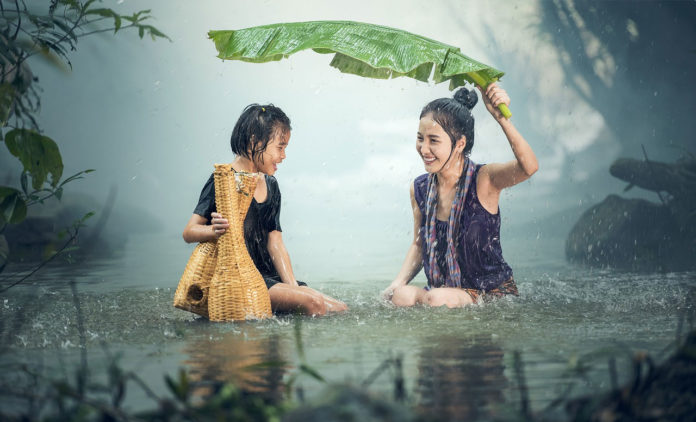Across England, people’s, so nature appears to be frequent but not for everyone, where around 62% of adults and 70% of children are estimated to visit nature at least once a week.
A connection with nature reflects people’s affinity and orientation towards nature, and encompasses someone inherently valuing experiences of nature, enjoying being in nature, and feeling a perceived responsibility and sympathy towards nature. A new study has shed light on this fact and suggests that four out of five children feel more confident after spending time participating in outdoor activities.
The study volunteered 451 children across 12 areas of England who took part in outdoor activities such as identifying plants and trees. The participants completed surveys before and after the activities.
The quantitative analysis accounted for children having different characteristics (such as gender and age), undertaking various Wildlife Trust events, having different initial levels of engagement with nature-related aspects of life (such as spending time outdoors in nature or reading books about nature), and having different initial levels of well-being, nature connection, and pro-environmental values.
Following the activities, 79% of the participants found that the experience could help their schoolwork. Most of the children reported their belief that it could help their relationships in class. Also, 81% agreed that they had better relationships with their teachers, and 79% reporting better relationships with their classmates.
After their activities, 84% of children reported that they were capable of doing new things when they tried.
The report suggested that there should be further opportunities for all children to engage with nature.
Scientists noted, “Children’s accessibility to nature can be limited by their location and by various other barriers. For some children, visiting nature through their school may provide opportunities that they would not otherwise be able to gain. For children at school, learning about nature while learning within nature can help cover aspects of the national curriculum while providing enjoyable and beneficial experiences.”
“Recognizing the diverse ways in which people can engage with nature, and the diverse people who do so may help ensure that more children can see that nature is accessible for ‘people like me.'”
Professor Michael Reiss (UCL Institute of Education) said: “Each generation seems to have less contact with the outdoors than the preceding one. We owe it to all young people to reverse this trend – for their sakes, for our sakes, and nature’s sake.”
Nigel Doar, The Wildlife Trusts’ director of strategy, said: “This research shows that children experience profound and diverse benefits through regular contact with nature. Contact with the wild improves children’s wellbeing, motivation, and confidence. The data also highlights how children’s experiences in and around the natural world led to better relationships with their teachers and classmates.”
“The Wildlife Trusts believe everyone should have the opportunity to experience the joy of wildlife in daily life and we’re calling on the government to recognize the multiple benefits of nature for children – and ensure that at least one hour per school day is spent outdoors learning and playing in wild places.”
The study was commissioned by The Wildlife Trusts.
